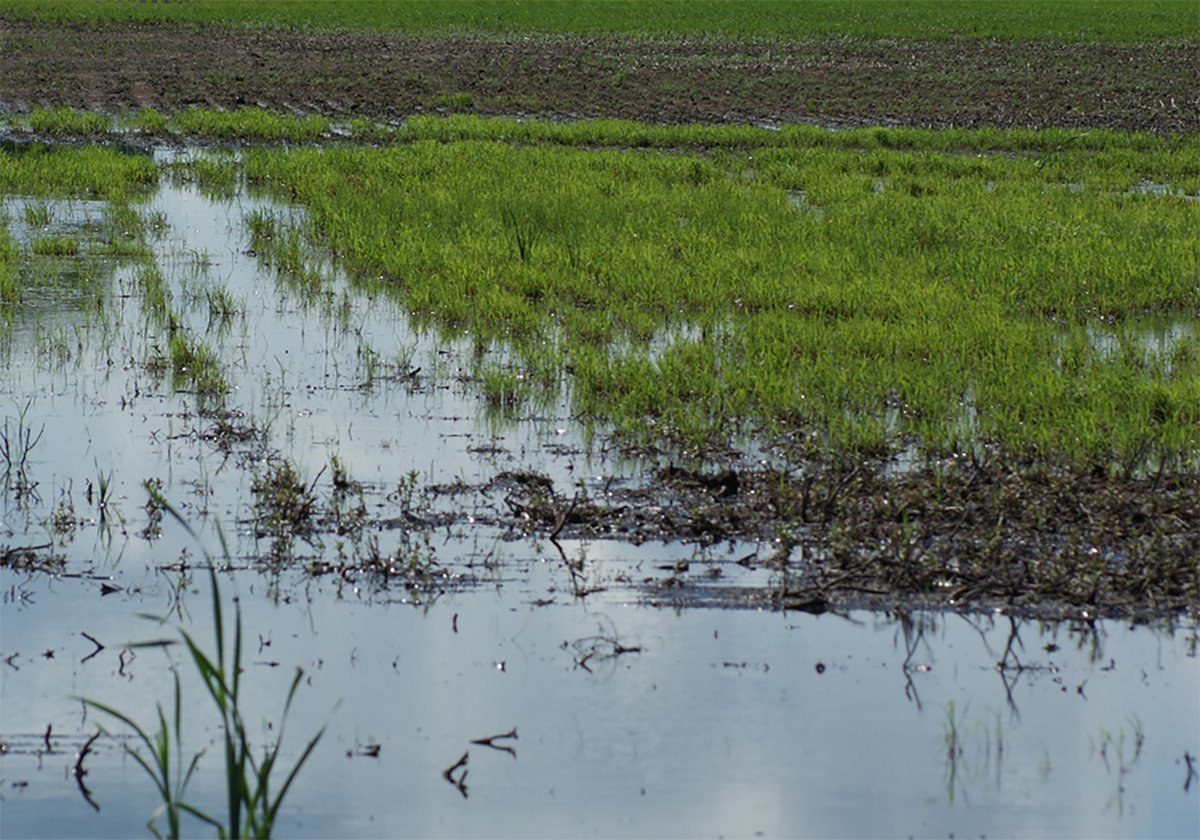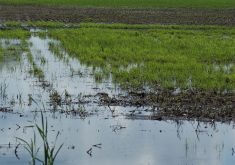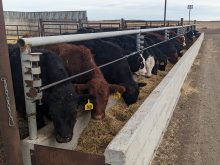LAST week two farm organizations announced plans to seek new life. If they’re successful, it will be a boon to the quality and quantity of agricultural debate at a time when farmers, ranchers and governments are looking for answers.
The Western Canadian Wheat Growers Association, the prairie group that suspended operations last June in the face of declining membership and shortage of funds, is planning a revival in March. Wild Rose Agricultural Producers, an Alberta-based group also suffering from static membership and funding decline, last week elected a new president who has plans to make the group more relevant and useful to Alberta producers.
Read Also

Topsy-turvy precipitation this year challenges crop predictions
Rainfall can vary dramatically over a short distance. Precipitation maps can’t catch all the deviations, but they do provide a broad perspective.
The two dissimilar organizations, each with membership rosters of about 1,000, have nevertheless identified similar goals: define policies, set a clear direction, attract new members and raise money sufficient to allow policy research and lobbying.
As prairie agriculture becomes more diverse and as the number of farmers declines, it is increasingly difficult for general farm organizations to attract and fully represent farmers.
Yet it is general farm groups to whom industry and government advisers turn when seeking input on proposals. Polling every commodity group or association is too cumbersome, and the responses too contradictory, to be useful.
Right now, the new Paul Martin government is apparently ready to listen to Western Canada, and by extension, to western agricultural groups. Bovine spongiform encephalopathy recovery strategies and the national agricultural policy framework loom as burning issues that can make or break the futures of many farmers.
And so the time is ripe for renewed interest in groups that can speak for greater numbers of prairie producers.
Both the WCWGA and WRAP have hurdles to overcome as they struggle to grow and evolve. The wheat growers earned a reputation in latter years for being a one-trick pony, dedicated to criticism of the Canadian Wheat Board and to the end of single-desk grain marketing. WRAP has struggled for members ever since it rose from the ashes of the former Unifarm in the mid-1990s, seemingly at odds with a more market and commercially driven agricultural direction in Alberta.
In the bigger picture, these are also challenging times for individual producers. The difficulty and time commitment required to keep farm operations viable is one reason membership in farm organizations has declined.
History shows individuals are better served by joining a group of like-minded people through which their voices can potentially affect future policies.
If the wheat growers and Wild Rose are successful in their efforts at revival – and this is possible only through participation from farmers – then the quality of agricultural debate and action will be improved.














